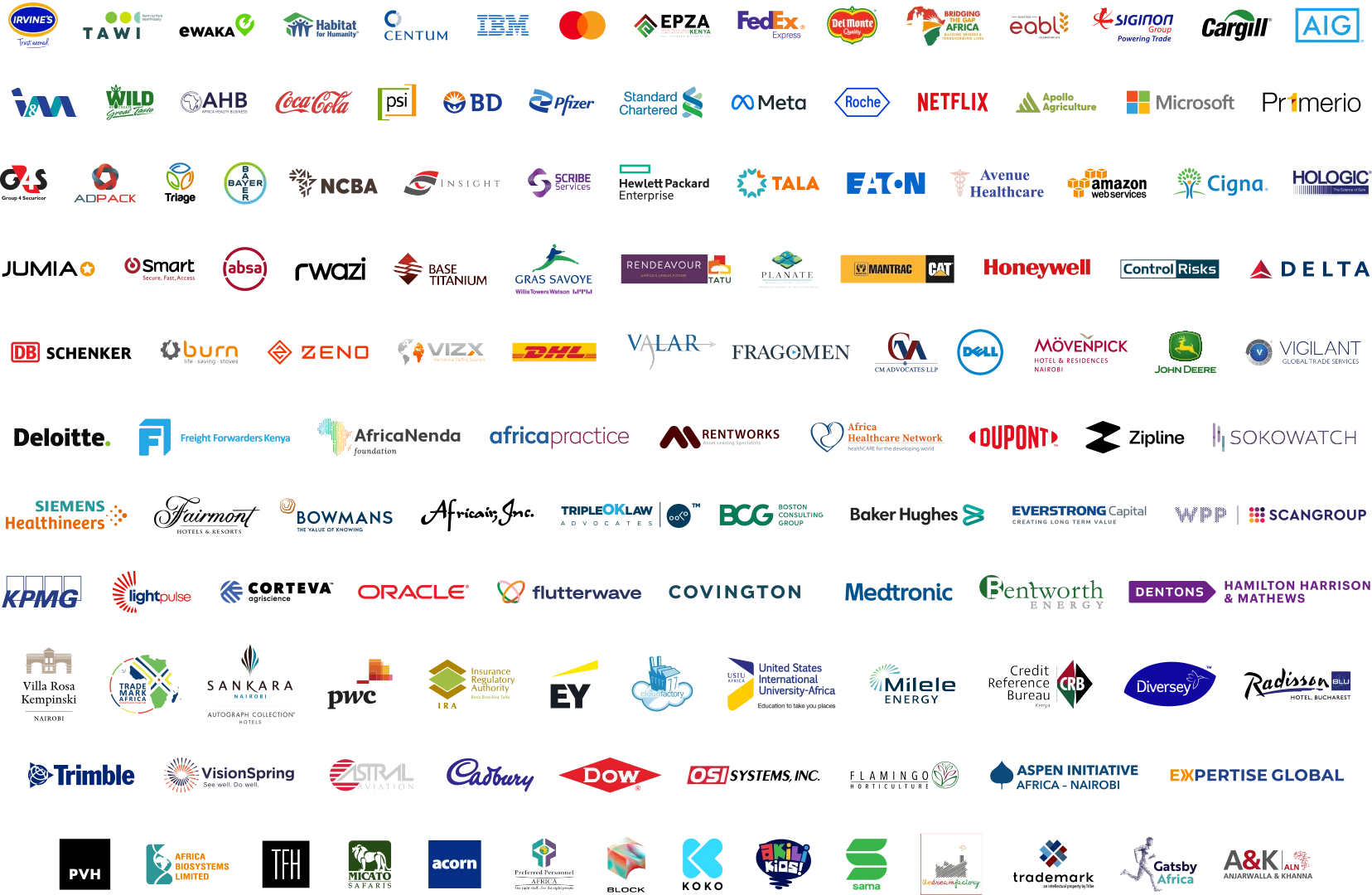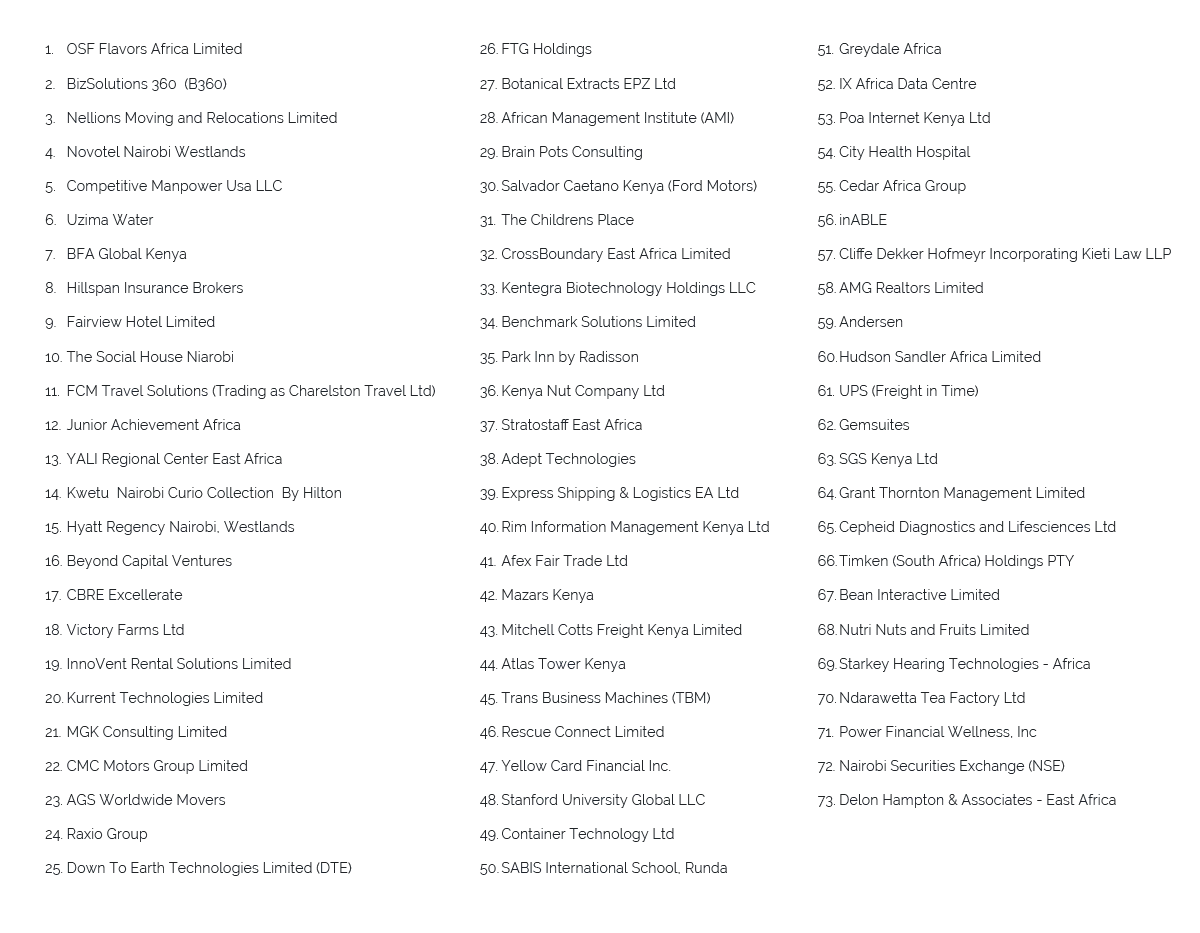This article is taken directly from the source cited and does not necessarily represent the position or opinion of the American Chamber of Commerce, Kenya or constitute an endorsement.
By Paul Tullis
First Published October 27, 2020
Once smallholder farmers in the Kenyan village of Masii have picked their crops, all they can do is wait until a buyer trucks through. The system works fairly well for beans and corn, but mangoes—the area’s other main crop—spoil more quickly. If the trader is late, they rot.
“We lose market because the mangoes go spotty,” says Obadiah Kisaingu, chair of the Masii Horticultural Farmers’ Cooperative Society. He estimates 40% of the co-op’s mango crop is lost to spoilage. But a simple coating could change that. A California company has created a formulation that doubles—or for some foods even triples—the shelf life of fresh produce, enabling farmers like Kisaingu to access far-off, larger markets.
Apeel Sciences Inc., based in Santa Barbara, exceeded a $1 billion valuation in May when it received $250 million in financing from Oprah Winfrey and Singapore’s sovereign wealth fund GIC Pte Ltd., adding to earlier investments from Andreessen Horowitz and other venture capitalists. (Bloomberg LP, which owns Bloomberg Businessweek, is an investor in Andreessen Horowitz.) On Oct. 27 the International Finance Corp., the World Bank’s private-sector arm, announced a $30 million investment in Apeel, a move that will open networks in East Africa, South America, and, pending regulatory approval, Southeast Asia. Singapore-owned investment company Temasek Holdings Pte Ltd. and food-focused impact investor Astanor Ventures are partners in the equity deal.
“This is a way to almost leapfrog the necessity of cold-storage chains and bring products to mature markets, where farmers can get better value for their crops,” says Stephanie von Friedeburg, the IFC’s interim managing director. More time for fresh produce on grocers’ shelves means less food waste—a $2.6 trillion problem, according to the United Nations’ Food and Agriculture Organization. Project Drawdown, a San Francisco-based nonprofit that analyzes climate solutions, says fixing it would be one of the most effective ways to reduce greenhouse gas emissions.
The investment brings Apeel closer to what James Rogers, 35, envisioned when he founded the company eight years ago. Rogers, who has a Ph.D. in materials science, wanted to solve the problem for food much in the same way that oxide barriers preventing rust have achieved for steel. He developed a natural, tasteless, and odorless protective coating from plant material—stems, leaves, skins, basically whatever gets discarded—that maintains the freshness of food for longer by holding water in and keeping oxygen out. The product extends the sweet spot between ripening and rot. And best of all, the treated produce doesn’t require refrigeration, says Rogers, the chief executive officer. Continue Reading...
Source: Bloomberg BusinessWeek







